
The first QUINT conference 'Analysing Teaching Quality: Perspectives, Principles, and Pitfalls' brought together world leading scholars with a keen interest in discussing the many aspect of measuring teaching quality.
Conference report
The first QUINT conference 'Analysing Teaching Quality: Perspectives, Principles, and Pitfalls' was held at the University of Oslo 18 – 20 June 2019 on the theme of measuring teaching quality. The conference attracted 90 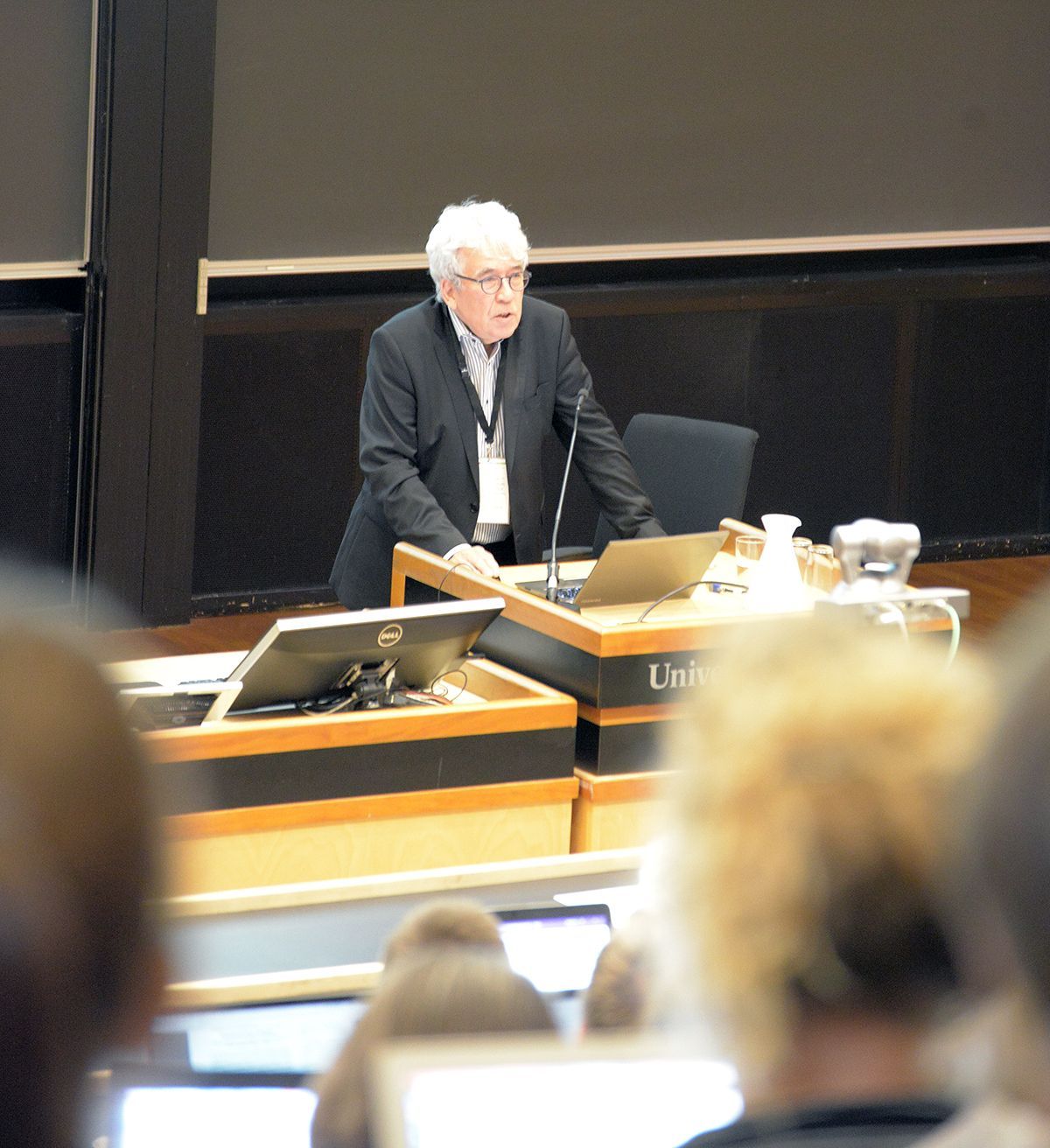 participants from around the world and featured keynote speakers Professor Eckhard Klieme, Professor Nikolaj Elf, and Dr. Courtney Bell. The participants included world leading scholars and researchers, PhD students, as well as policy makers and civil servants from the Nordic region.
participants from around the world and featured keynote speakers Professor Eckhard Klieme, Professor Nikolaj Elf, and Dr. Courtney Bell. The participants included world leading scholars and researchers, PhD students, as well as policy makers and civil servants from the Nordic region.
The symposium on Quality in Nordic teaching discussed three ongoing research projects within the QUINT centre: LISA Nordic study, Connected Classrooms Nordic study, and Quality Literature Education (QUALE). The session explored what makes quality in teaching, how we define quality, and what quality in teaching looks like. In his keynote speech on the second day, Professor Nikolaj Elf addressed this question by defining quality from prescriptive, experience-based and documentative perspectives. He characterised 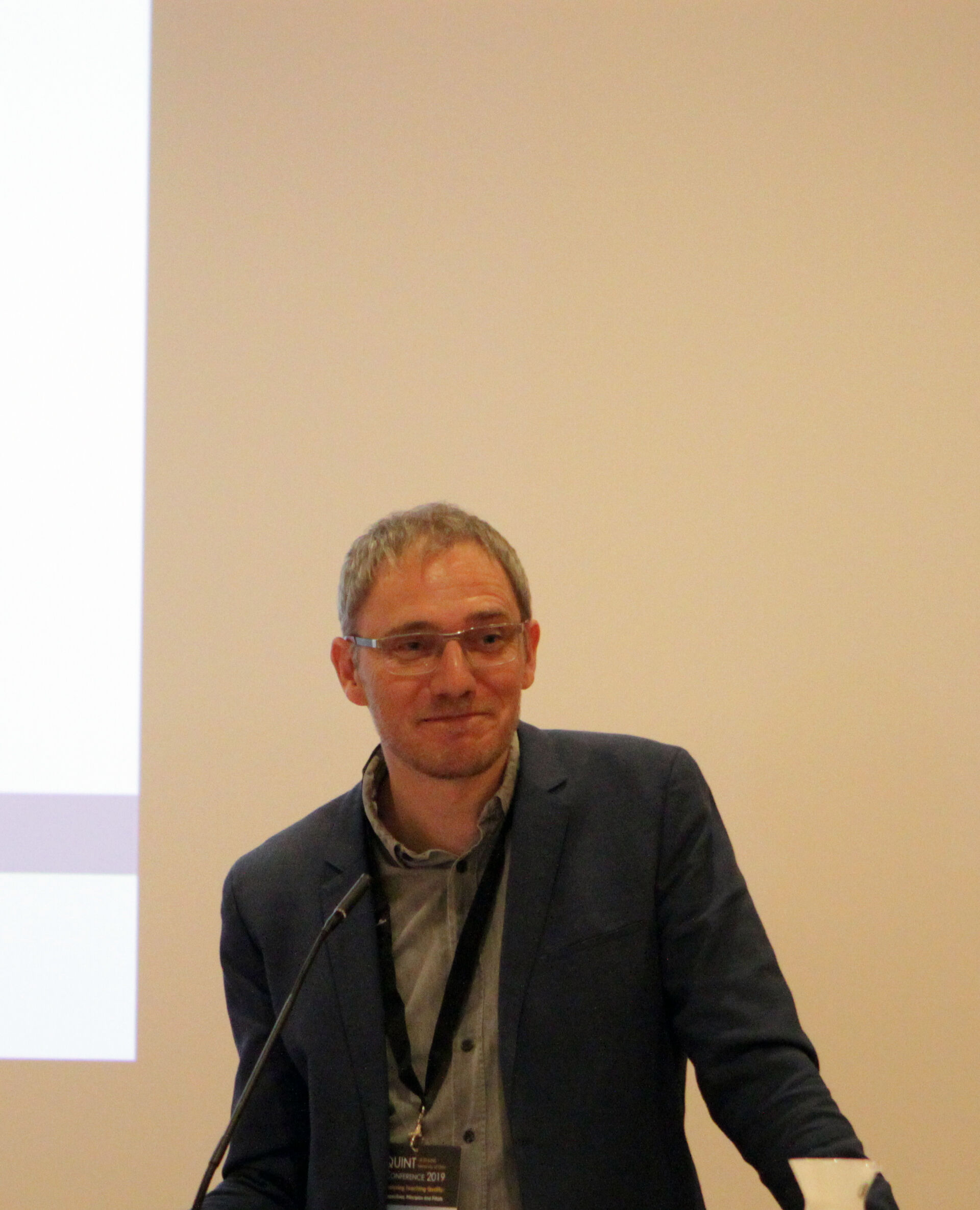 QUINT’s approach as multidimensional as it investigates quality in teaching in a situated context, with the aim of changing teaching in similar situations.
QUINT’s approach as multidimensional as it investigates quality in teaching in a situated context, with the aim of changing teaching in similar situations.
The second symposium focused on the Nordic policies for quality teaching. Representatives from Norway, Sweden, Denmark, Finland, and Iceland presented how they currently assess teaching quality. It was evident that there is a wide range of approaches across the Nordic area. This raised the question whether we can speak of a Nordic model as such. The panel concluded that we share a common understanding and outlook that helps us understand each other.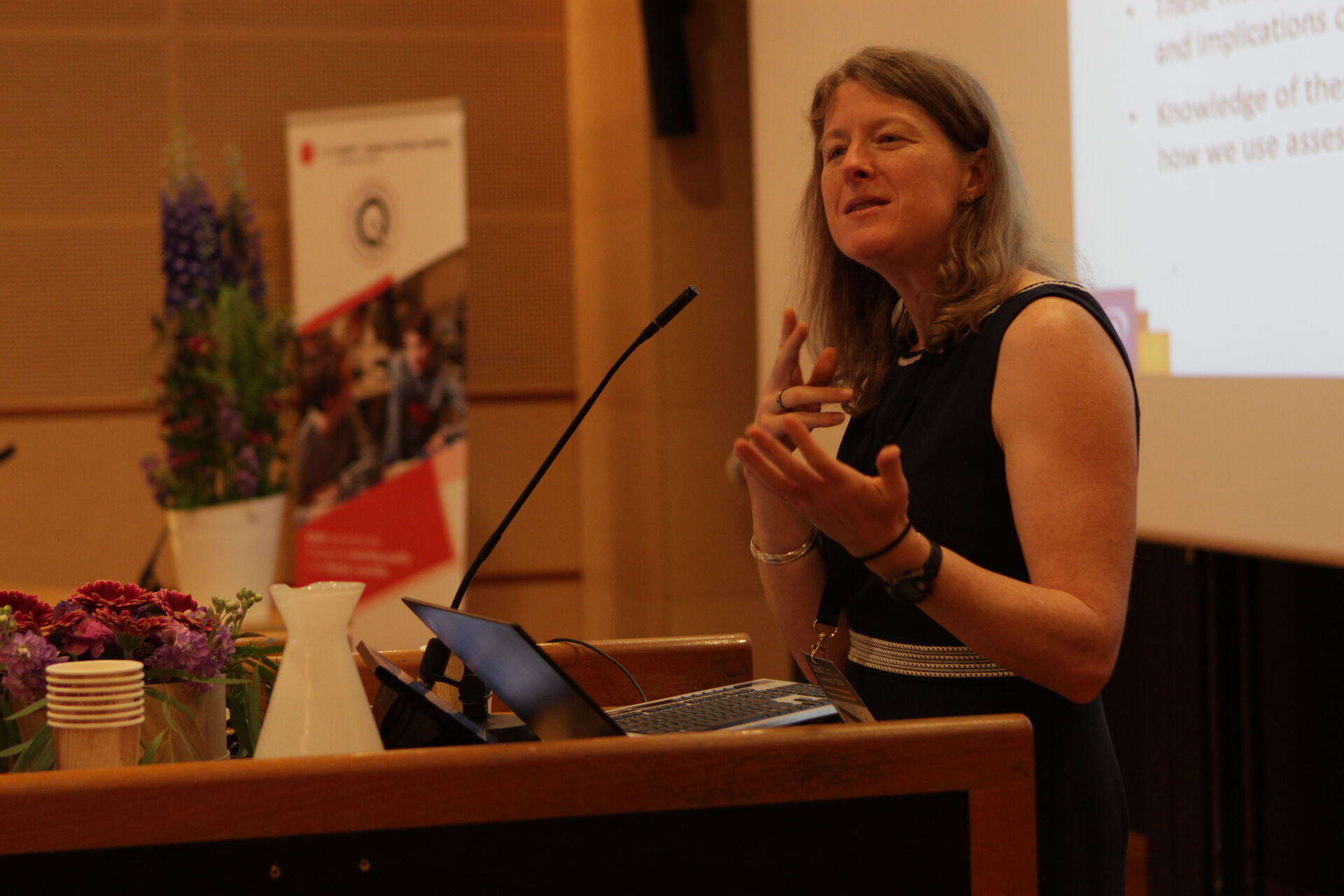
Steffen Handal, a trade union representative from Norway, emphasised that privatisation is a problematic issue, as it means that there is increased pressure to make quality education easy to measure so that it can be marketed. He made it clear that trade unions wish to be more involved in the research, in order to ensure that the topics that are researched are useful to the profession.
On the third day QUINT PhD fellows presented their research. Jóhann Örn Sigurjónsson, a QUINT PhD fellow from the University of Iceland, 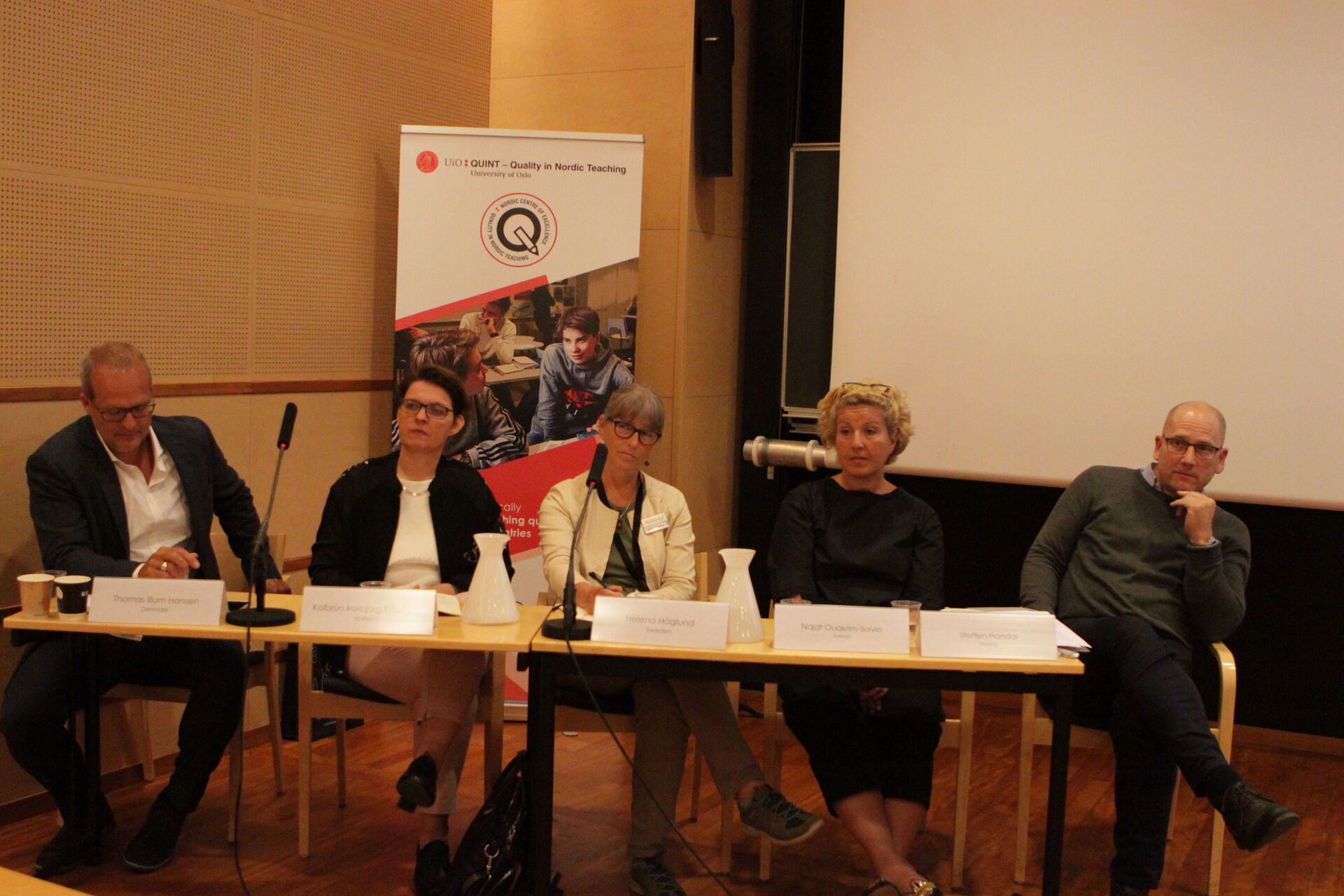 presented his research on instruments for measuring teaching quality in mathematics. His research looks at the views of Icelandic mathematics teachers when it comes to tasks that require the student to use critical and creative thinking.
presented his research on instruments for measuring teaching quality in mathematics. His research looks at the views of Icelandic mathematics teachers when it comes to tasks that require the student to use critical and creative thinking.
Anna Nissen is a new PhD student starting this autumn at Karlstad University. Her research will compare how teachers and students work with reading and reading comprehension across Nordic countries, with a special focus on reading fiction. The study aims to find out what competences are valued, how different methods affect the students’ comprehension of the text, and how students show that they have understood what they have read.
Peter N. Aashamar from the University of Oslo is researching Nordic classrooms as democratic spaces. The aim of his study is to provide a comparative perspective on democratic citizenship education in social studies classes across the five Nordic countries. The study looks at to what extent it is possible to identify specific Nordic instructional practices related to democratic citizenship education. The study will combine observational video analysis with student perception surveys.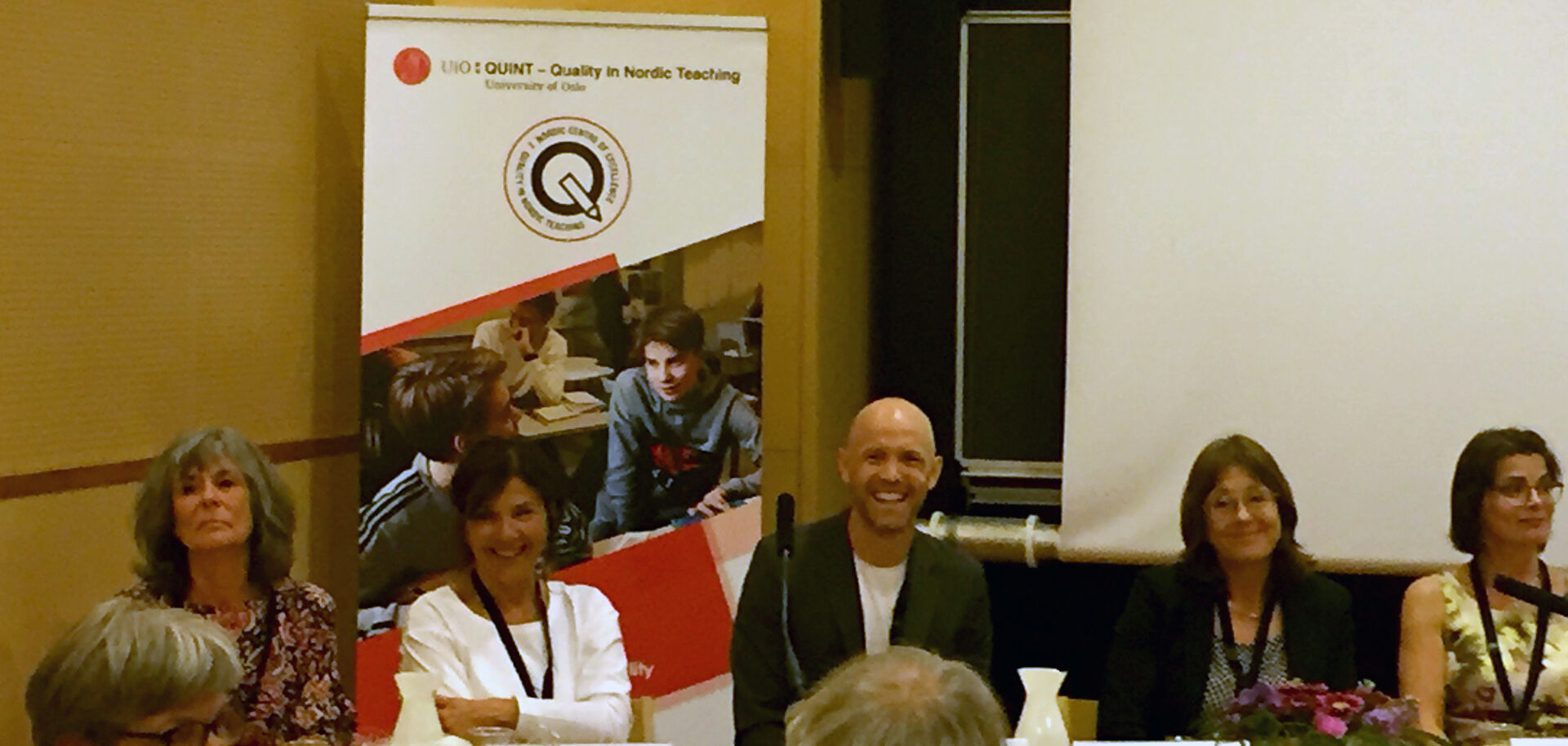
The conference ended with a symposium on conceptualising teaching quality. Sigrid Blömeke discussed teacher competence as a multi-dimensional construct, that includes professional knowledge, situation specific cognitive skills, and the observable performance. She presented findings on how teacher competence compares to higher instructional quality.
Trude Nilsen shed light on the direct and indirect effects between teacher quality and instructional quality that lead to student outcomes. Referring to Professor Klieme’s keynote she reiterated his question whether one can separate teaching quality from other aspects such as classroom management.
Kirsti Klette and Astrid Roe discussed using the PLATO manual for analysing teaching quality. They highlighted some key features essential for quality in teaching, that include: instructional clarity, cognitive challenge, supportive climate and discourse features.
Presentations are available to the conference attendees
Please note that this is work in progress, please do not cite without permission from the author(s).
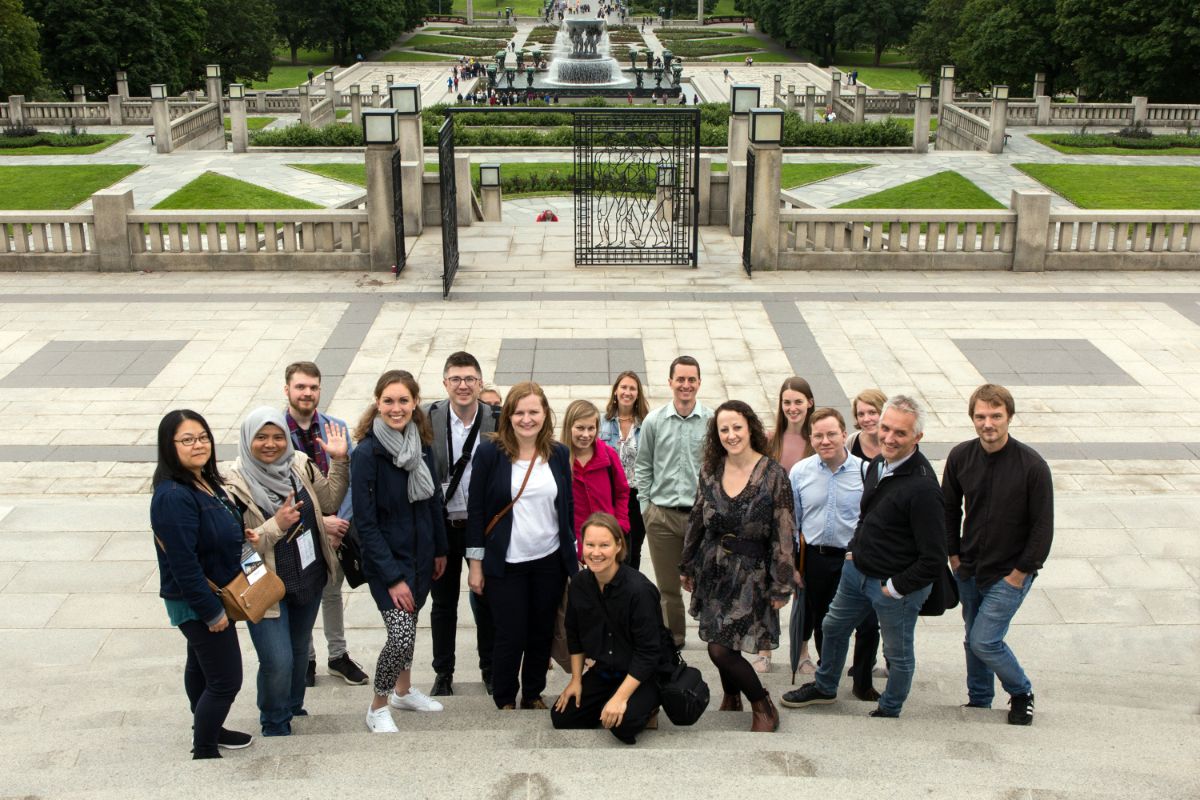
Contact information
Financed by NordForsk, programme "Education for Tomorrow" (External link to the NordForsk website)
Project number 87663
![]()